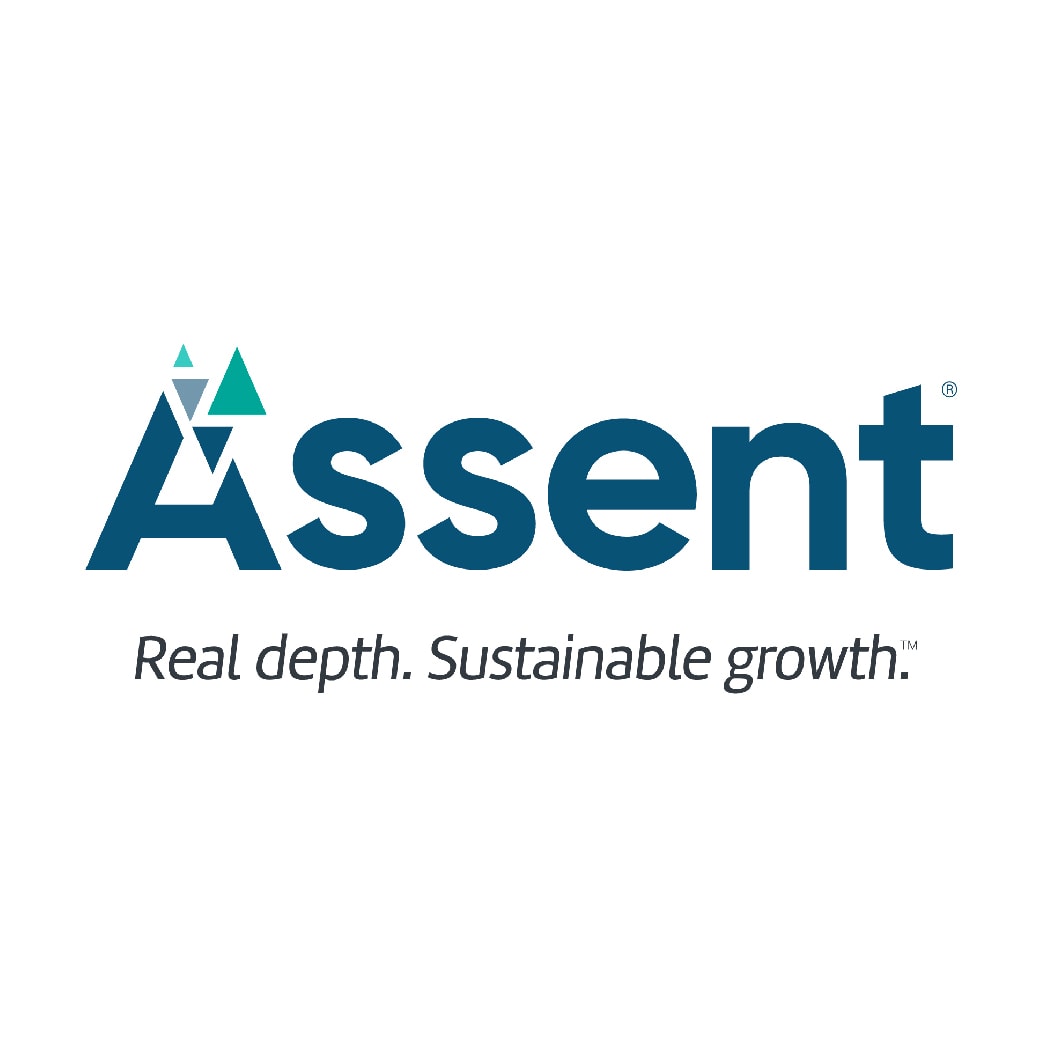Dive Brief:
- A federal judge denied a request from the U.S. Chamber of Commerce and other business groups to issue a preliminary injunction on California’s climate disclosure laws, set to require reporting beginning in 2026, according to court documents.
- In declining to grant a preliminary injunction, U.S. District Court Judge Otis Wright II, of California’s Central District Court, also ruled in his Aug. 13 decision that the plaintiffs ”have not shown a likelihood of success on the merits” of allegations that California’s Senate Bills 253 and 261 violate their First Amendment rights.
- The state agency tasked with implementing the laws has promised final regulations for both disclosures by the end of the year. Juge Gregg, partner at law firm Crowell & Moring, told ESG Dive Tuesday that “companies won’t get a reprieve from fast-approaching reporting deadlines.”
Dive Insight:
The U.S. Chamber of Commerce, along with the California Chamber of Commerce and other business trade associations, sued the California Air Resources Board — the agency responsible for the laws — in January 2024. The lawsuit concerns California SB 253, which requires companies with more than $1 billion in revenue to report scope 1 and scope 2 emissions, with eventual scope 3 disclosures, and SB 261, which requires companies with at least $500 million in revenues to make biennial climate-related risk reports. The plaintiffs argued the laws violate their First Amendment rights by compelling speech.
Wright, who previously denied a motion for summary judgment in the case, said the two laws implicate different levels of scrutiny to determine whether they violate the First Amendment, but based on the current record, Wright concluded the business groups are unlikely to succeed on the merits of the arguments against either law violating their rights against compelled speech.
“Plaintiffs argue they will be irreparably harmed by [the disclosures] because the laws compel speech in violation of the First Amendment,” Wright wrote. “As Plaintiffs have not demonstrated that the laws violate the First Amendment, they have also not shown irreparable harm.”
Without the injunction, the arguments on the merits of the case are not expected before the court until early next year. CARB released a FAQ with guidance on how to comply with the laws last month, and entities covered by SB 261 are expected to submit climate-related financial risk reports by Jan. 1, 2026.
In addition to the chambers of commerce, business associations American Farm Bureau Federation, Los Angeles County Business Federation, Central Valley Business Federation and Western Growers Association are also challenging California’s climate disclosures. It’s expected that they will appeal the ruling, but Gregg said in written comments that “hoping that these reporting obligations will go away is not a good compliance strategy.” Instead companies should evaluate their reporting obligations, if they haven’t done so.
“All eyes will turn squarely to CARB, which is already behind on its rulemaking,” Gregg said. “Given that industry is still waiting for guidance from CARB, companies are going to have to carefully navigate their compliance obligations.”
CARB is having its second workshop on the law on Thursday, and Gregg said the ruling raises its importance. Companies are still looking for clarity on key components of the law, such as basic scoping of who is required to report, how “doing business in California” is defined and the potential for parent-level reporting relief, according to KPMG sustainability leaders.
However, while CARB has reinforced that the 2026 reporting deadlines are here to stay, the agency has also looked to emphasize that it will not take enforcement action during the first year of reporting and is looking for companies to make “a good faith effort.”











